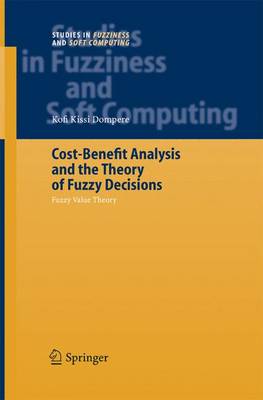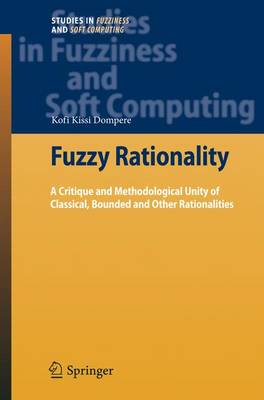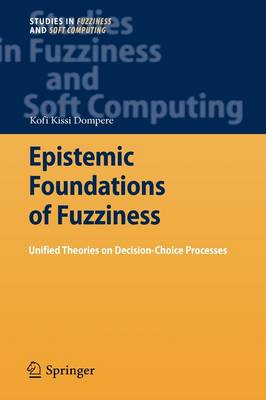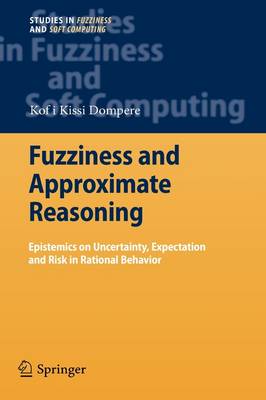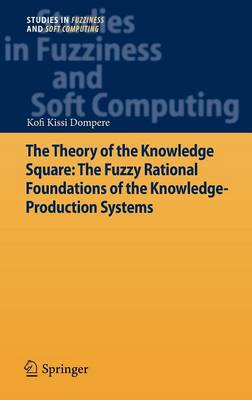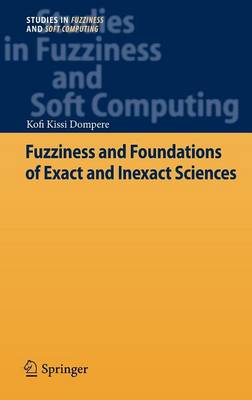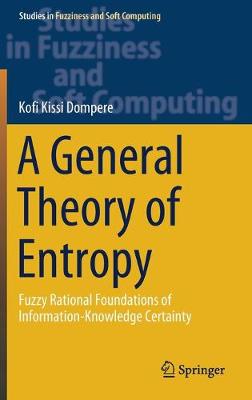Studies in Fuzziness and Soft Computing
7 primary works
Book 158
Book 235
Book 236
Book 237
Book 289
Book 290
Fuzziness and Foundations of Exact and Inexact Sciences
by Kofi Kissi Dompere
The monograph is an examination of the fuzzy rational foundations of the structure of exact and inexact sciences over the epistemological space which is distinguished from the ontological space. It is thus concerned with the demarcation problem. It examines exact science and its critique of inexact science. The role of fuzzy rationality in these examinations is presented. The driving force of the discussions is the nature of the information that connects the cognitive relational structure of the epistemological space to the ontological space for knowing. The knowing action is undertaken by decision-choice agents who must process information to derive exact-inexact or true-false conclusions. The information processing is done with a paradigm and laws of thought that constitute the input-output machine. The nature of the paradigm selected depends on the nature of the information structure that is taken as input of the thought processing. Generally, the information structure received from the ontological space is defective from the simple principles of acquaintances and the limitations of cognitive agents operating in the epistemological space. How then do we arrive and claim exactness in our knowledge-production system?
The general conclusion of this book is that the conditions of the fuzzy paradigm with its laws of thought and mathematics present a methodological unity of exact and inexact sciences where every zone of thought has fuzzy covering.
Book 384
This book presents an epistemic framework for dealing with information-knowledge and certainty-uncertainty problems within the space of quality-quantity dualities. It bridges between theoretical concepts of entropy and entropy measurements, proposing the concept and measurement of fuzzy-stochastic entropy that is applicable to all areas of knowing under human cognitive limitations over the epistemological space. The book builds on two previous monographs by the same author concerning theories of info-statics and info-dynamics, to deal with identification and transformation problems respectively. The theoretical framework is developed by using the toolboxes such as those of the principle of opposites, systems of actual-potential polarities and negative-positive dualities, under different cost-benefit time-structures. The category theory and the fuzzy paradigm of thought, under methodological constructionism-reductionism duality, are used in the fuzzy-stochastic and cost-benefit spaces to point to directions of global application in knowing, knowledge and decision-choice actions. Thus, the book is concerned with a general theory of entropy, showing how the fuzzy paradigm of thought is developed to deal with the problems of qualitative-quantitative uncertainties over the fuzzy-stochastic space, which will be applicable to conditions of soft-hard data, fact, evidence and knowledge over the spaces of problem-solution dualities, decision-choice actions in sciences, non-sciences, engineering and planning sciences to abstract acceptable information-knowledge elements.
